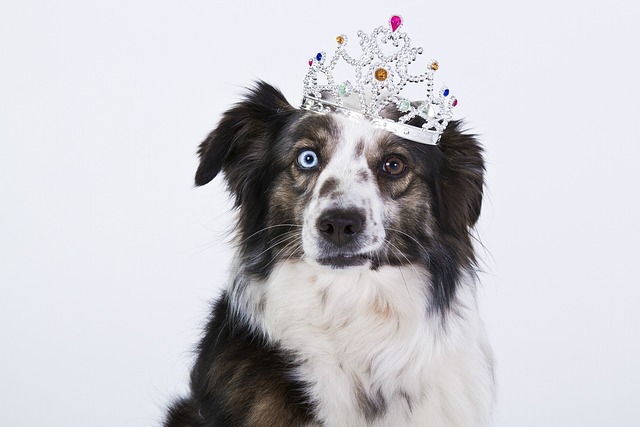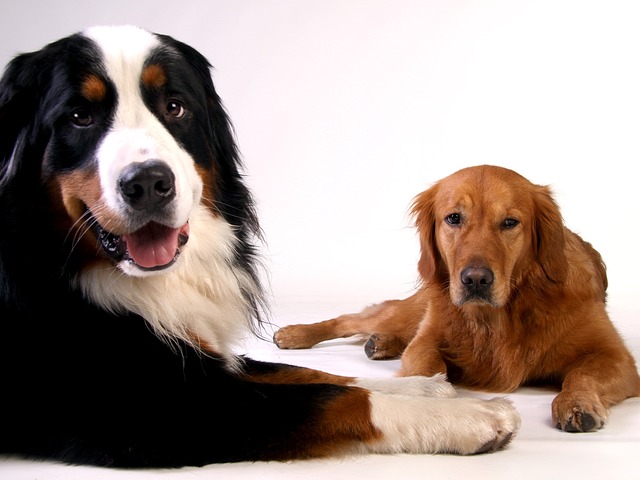
How Can You Tell If Your Dog Is Truly Full
Watching your dog lick their bowl spotless often feels reassuring – surely they’re satisfied? But that clean dish doesn’t always mean a full belly, and constant begging can leave you second-guessing.
Picture coming home to find your 10-year-old German Shepherd has torn up the living room rug—unthinkable from the pup who’d never chew a shoe. When a senior dog suddenly destroys things, it’s not rebellion—let’s uncover the hidden reasons, blending veterinary insights with real-life pet parent stories.
Arthritis pain often lies at the root. My senior Labrador started chewing furniture when her elbow joints ached. Dogs mask pain, but destructive behavior can be their way of saying "I’m hurting." A vet’s anti-inflammatory meds stopped her chewing within days.
Canine cognitive dysfunction (doggy dementia) is a common culprit. My neighbor’s Poodle began scratching doors at 12, disoriented by memory loss. Like human Alzheimer’s, this condition causes confusion—redirecting her with mental games and a routine helped reduce the behavior.
Sensory loss triggers anxiety. Seniors losing vision or hearing may chew to self-soothe. My Aussie mix, going deaf, shredded his bed at night. Adding night lights and a white noise machine created a safer feeling, easing his stress.
Boredom from limited activity plays a role. Older dogs can’t exercise like before, but pent-up energy remains. A friend’s senior Shepherd, once a working dog, gnawed fence posts from inactivity. Low-impact activities like sniff walks and puzzle toys channeled his energy positively.
Anxiety from routine changes matters. When I started working from home, my senior Beagle panicked if I left the room—chewing became his coping mechanism. Gradually reinforcing alone time with treats and a cozy crate helped him adjust.

Always rule out medical issues first. Before blaming behavior, check for UTIs, thyroid problems, or dental pain. A client’s senior Pug destroyed cushions due to an abscessed tooth. My vet stresses: "Physical discomfort often masquerades as naughtiness."
Household changes can spark stress. A new baby, moving, or losing a companion dog upsets seniors. My senior mutt chewed more after our other dog passed—maintaining his routine and extra cuddles helped him feel secure.
Medication side effects are overlooked. Some heart or pain meds cause restlessness. My senior Lab grew destructive on a new arthritis drug—switching to a different medication resolved the issue. Discuss side effects with your vet promptly.
Environmental hazards trigger behavior. Seniors with vision loss may bump into furniture, then chew out of frustration. Rearranging my home to create clear paths reduced my senior Border Collie’s destructive episodes.
Dental pain is a silent trigger. Senior dogs with bad teeth may chew to ease discomfort. My friend’s senior Chihuahua destroyed her bed until a dental cleaning revealed infected teeth. Pain relief ended the behavior overnight.
Caring for seniors requires empathy. My 13-year-old mix now has a "senior station" with a heated bed, easy-access water, and soft toys. Understanding his needs—instead of scolding—strengthened our bond.
Local animal welfare laws emphasize senior care. In the EU, pet owners must address age-related health needs, and US states require proper veterinary care for seniors. Ensuring your dog’s well-being isn’t just kind—it’s legal responsibility.
Senior dog destruction is a cry for help, not defiance. For my aging fur family, each destructive act was a clue to underlying issues. With veterinary care, environmental tweaks, and patience, you can help your senior feel safe and happy in their golden years.

Watching your dog lick their bowl spotless often feels reassuring – surely they’re satisfied? But that clean dish doesn’t always mean a full belly, and constant begging can leave you second-guessing.

We’ve all seen it – your dog attacks their meal like it’s their last, inhaling kibble in seconds without a single chew. While it might seem comical or just enthusiastic,

Spotting your dog seeming a bit "off" – maybe slower to get up, less playful, or even trembling – can instantly make any pet parent worry. Could it be a lack of calcium?

As a Chow Chow owner, those iconic triangular ears—when upright—frame their lion-like mane beautifully. But if your pup’s ears stay floppy or only partially rise, it’s natural to feel concerned.

As a dog parent, it’s natural to look for simple, household solutions when your furry friend is dealing with common issues like mild odor, damp fur, or occasional skin discomfort.

Bringing a Corgi into your life means welcoming a bundle of joy—those tiny legs, fluffy backside, and a personality that’s equal parts feisty and affectionate.